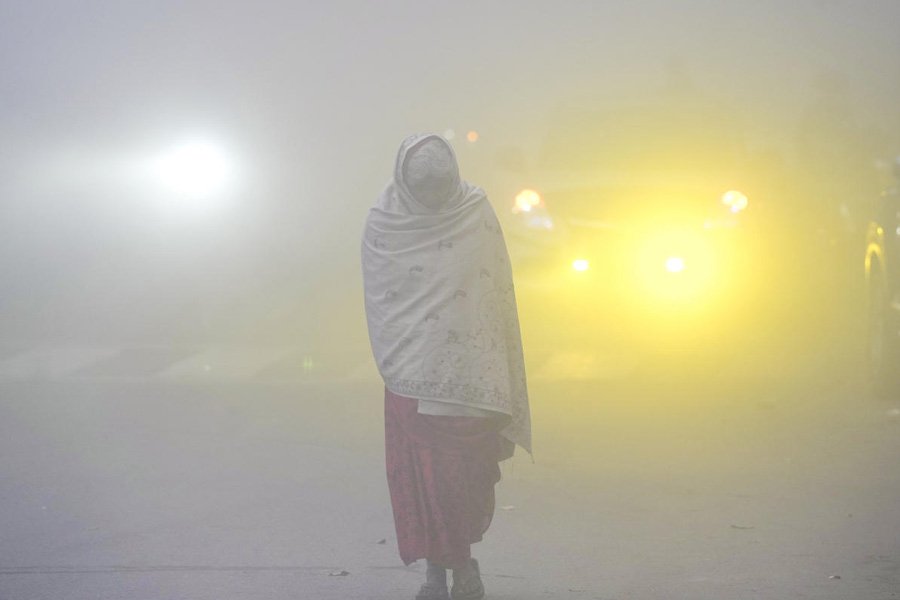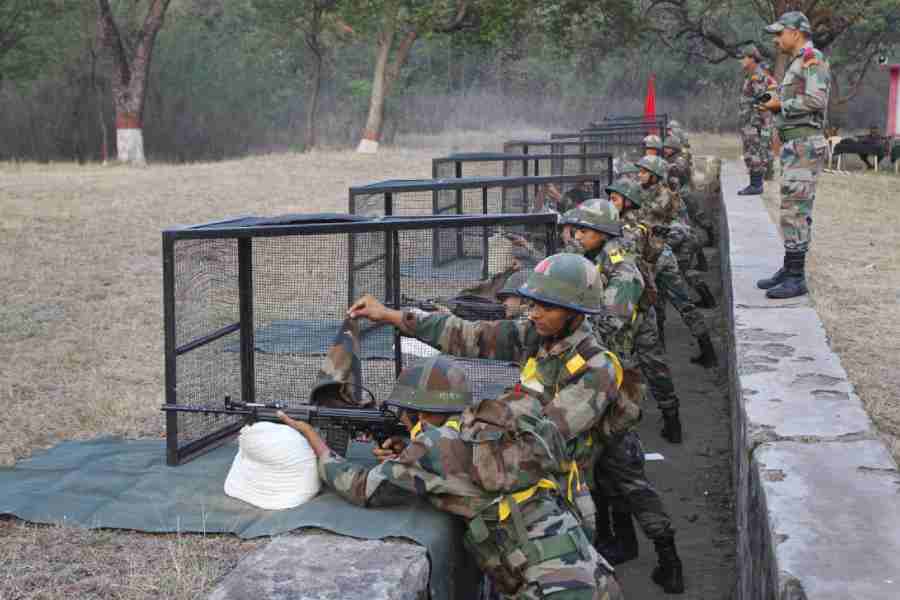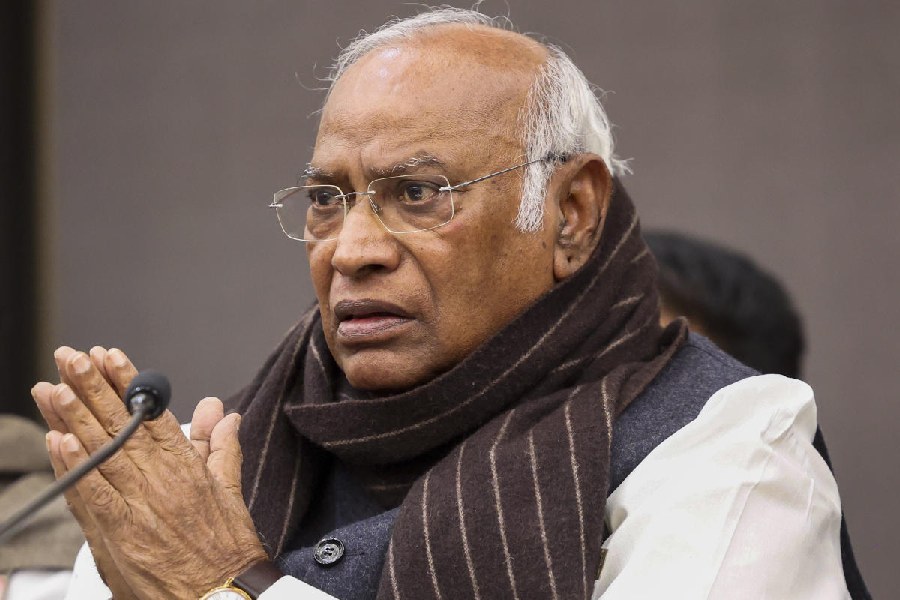Higher education in India is going through a sea change, not necessarily into something rich but certainly into something strange. The University Grants Commission draft regulations, 2025 aim to amend the minimum qualifications for the post of assistant professor required by the 2018 UGC regulations. According to the latter, a candidate should have completed a Master’s degree in the relevant to, or concerned or allied subject with the one to be taught, and would have had to have passed the National Eligibility Test or the State Eligibility Test or received a PhD degree to be considered for the post. The 2025 draft regulations eliminate the need to study for an undergraduate and post-graduate degree in the relevant subject. All the candidate must do is pass the NET or achieve a PhD degree in that subject irrespective of Bachelor’s or Master’s training. That is, an assistant professor in chemistry may have studied history as a BA and MA student. Since it would be difficult to acquire a doctorate degree in a completely different discipline from the one studied earlier in depth, it can be assumed that passing the NET by answering multiple-choice questions would be adequate qualification for an assistant professor. This will certainly help the coaching industry to burgeon further. Other qualifications, publications and experience, valued in the 2018 regulations, will not matter.
This is a terrifying vision for higher education and suggests that the government is not indifferent to education but is actively engaged in lowering its standards beyond repair. The draft regulations are a major step if not to render specialisation in core disciplines irrelevant then at least to dilute utterly the levels of learning and research. The common courses glorified by the National Education Policy, 2020 may become dominant. The draft regulations openly show a resistance to serious learning and a desire to force students to stick to low standards. That is the best way to prevent independent thinking. The inner logic of the change becomes clearer when accompanied by the proposed change in the criteria for vice-chancellor appointments. Candidates need not be distinguished academics only but persons demonstrating leadership and scholarship in senior positions of industry, public administration and public policy. The suggested breakdown of the sanctity of the university space is truly ominous. The draft, though, need not be final.











